Home>Renovation & DIY>Home Renovation Guides>What Home Improvements Increase Property Taxes?
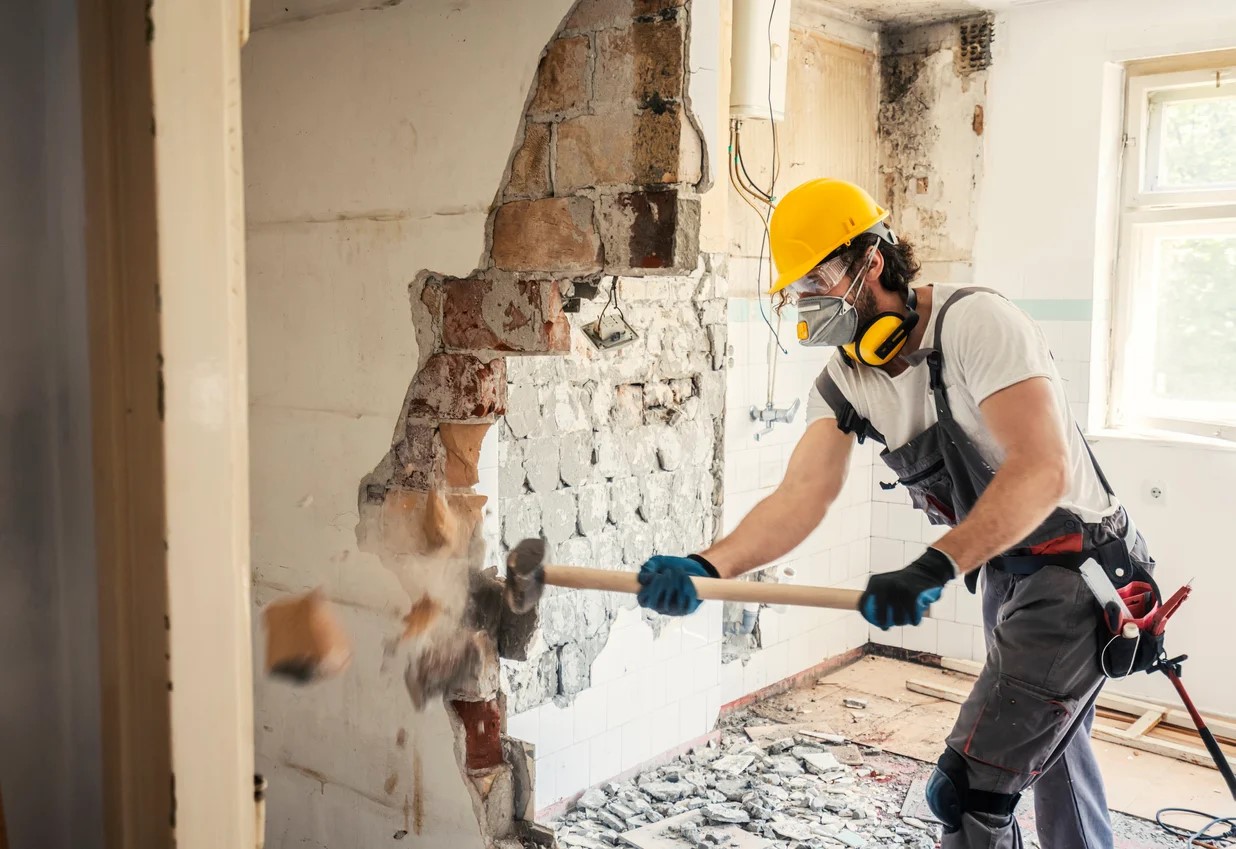

Home Renovation Guides
What Home Improvements Increase Property Taxes?
Modified: January 4, 2024
Looking to increase your property value through home renovations? Learn which home improvements may affect your property taxes with our comprehensive guide. Explore now!
(Many of the links in this article redirect to a specific reviewed product. Your purchase of these products through affiliate links helps to generate commission for Storables.com, at no extra cost. Learn more)
Introduction
Welcome to the world of home improvements, where the dream of a better living space meets the practicalities of property taxes. Renovating your home can add value, comfort, and style to your living environment, but it's important to consider the potential impact on your property taxes. Understanding how various home improvements can affect your property taxes is crucial for homeowners looking to enhance their living spaces without inadvertently increasing their tax burden.
In this comprehensive guide, we will delve into the intricate relationship between home improvements and property taxes. From understanding the fundamentals of property taxes to identifying which home improvements can potentially raise your property taxes, we will navigate through the nuances of this often-overlooked aspect of homeownership.
So, whether you're contemplating a kitchen remodel, a new addition, or a complete overhaul of your living space, join us as we explore the impact of home improvements on property taxes. By the end of this guide, you will be equipped with the knowledge to make informed decisions about your home renovation projects, ensuring that your living space reflects your vision without causing unexpected spikes in your property tax bill. Let's embark on this enlightening journey into the intersection of home improvements and property taxes.
Key Takeaways:
- Certain home improvements, like room additions and major structural upgrades, can increase property taxes by raising the assessed value of a property. It’s important for homeowners to consider the potential tax implications before starting renovation projects.
- Cosmetic enhancements, routine maintenance, and minor upgrades typically do not directly impact property taxes. Homeowners can strategically enhance their living spaces without immediate tax-related repercussions by focusing on these types of renovations.
Understanding Property Taxes
Property taxes are a fundamental component of homeownership, serving as a primary source of revenue for local governments. These taxes are based on the assessed value of a property, and the rates can vary depending on the location and local tax laws. The assessed value of a property is determined by municipal assessors and is typically based on factors such as the property’s size, location, and overall condition.
Property taxes play a vital role in funding essential public services, including schools, infrastructure, emergency services, and public amenities. The amount of property tax owed by a homeowner is calculated by multiplying the assessed value of the property by the local tax rate. As property values fluctuate and local tax rates evolve, homeowners may experience changes in their property tax obligations over time.
It’s important to note that certain home improvements can potentially increase the assessed value of a property, thereby affecting the property taxes owed by the homeowner. Understanding how property taxes are calculated and the factors that can influence the assessed value of a property is crucial for homeowners embarking on renovation projects.
By gaining insight into the intricacies of property taxes, homeowners can make informed decisions about home improvements, taking into account the potential impact on their property tax obligations. With this foundational understanding in place, let’s explore how various home improvements can intersect with property taxes, shedding light on the implications for homeowners seeking to enhance their living spaces while managing their tax liabilities.
Impact of Home Improvements on Property Taxes
When homeowners invest in home improvements, they aim to enhance the functionality, aesthetics, and value of their properties. However, it’s essential to recognize that certain renovations can lead to an increase in the assessed value of a property, subsequently affecting the property taxes owed by the homeowner. Understanding the potential impact of home improvements on property taxes is pivotal for homeowners navigating the renovation landscape.
Home improvements that significantly elevate the overall value of a property can prompt a reassessment by municipal assessors. This reassessment may result in a higher assessed value for the property, potentially leading to an increase in property taxes. Renovations that expand the living space, upgrade essential systems such as plumbing or electrical, or enhance the overall quality and appeal of the property are more likely to influence its assessed value and, consequently, its tax implications.
It’s important to note that the impact of home improvements on property taxes can vary based on local tax laws and assessment practices. While some jurisdictions may automatically reassess a property following substantial renovations, others may have different thresholds or criteria for triggering a reassessment. Understanding the specific regulations and practices in your local area is essential for anticipating the potential tax implications of your home improvement projects.
By recognizing the potential impact of home improvements on property taxes, homeowners can approach their renovation endeavors with a comprehensive understanding of the financial implications. This awareness empowers homeowners to make informed choices regarding the scope, timing, and financing of their renovation projects, ensuring that their aspirations for an improved living space align with their financial considerations.
As we delve deeper into the realm of home improvements and property taxes, we will explore specific types of renovations that can influence property taxes, providing homeowners with valuable insights to guide their decision-making process.
Adding square footage, upgrading kitchens and bathrooms, and installing high-end fixtures can increase property taxes. Always check with your local tax assessor for specific guidelines.
Home Improvements That Increase Property Taxes
When considering home improvements that have the potential to increase property taxes, it’s essential to focus on renovations that are likely to elevate the assessed value of a property. These improvements often enhance the functionality, appeal, and overall worth of the home, prompting municipal assessors to reevaluate its value and potentially leading to an increase in property taxes.
1. Room Additions and Extensions: Expanding the living space of a home through room additions or extensions can significantly raise its assessed value. Whether it’s adding a new bedroom, creating a spacious family room, or building a sunroom, these extensions contribute to a larger overall footprint and improved functionality, factors that can lead to a reassessment and subsequent increase in property taxes.
2. Kitchen and Bathroom Remodels: Renovating kitchens and bathrooms often involves upgrading essential fixtures, appliances, and finishes, resulting in an enhanced living environment and increased property value. These renovations are known to have a positive impact on a home’s assessed value, potentially leading to higher property taxes.
3. Major Structural Upgrades: Structural improvements such as roof replacements, foundation repairs, and significant upgrades to the home’s infrastructure can contribute to an increase in assessed value. These upgrades enhance the overall integrity and longevity of the property, factors that municipal assessors consider when reassessing a property’s value.
4. Outdoor Enhancements: Landscaping, the addition of decks or patios, and the installation of outdoor amenities such as pools or hot tubs can elevate a property’s appeal and value. These outdoor enhancements are often factored into the reassessment of a property, potentially leading to higher property taxes.
5. Energy-Efficient Upgrades: Installing energy-efficient features such as solar panels, high-efficiency windows, or insulation upgrades can enhance the sustainability and value of a home. While these upgrades offer long-term cost savings and environmental benefits, they can also lead to a higher assessed value and increased property taxes.
It’s important for homeowners to consider the potential impact of these and other renovations on their property taxes when planning home improvement projects. By understanding which improvements are likely to trigger a reassessment and subsequent increase in property taxes, homeowners can make informed decisions that align with their overall financial goals and priorities.
Home Improvements That Do Not Impact Property Taxes
While certain home improvements can lead to an increase in property taxes due to the resulting rise in assessed value, there are also renovations that typically do not directly impact property taxes. These improvements focus on enhancing the comfort, efficiency, and aesthetics of a home without significantly altering its assessed value, thus avoiding immediate implications for property taxes.
1. Cosmetic Enhancements: Cosmetic upgrades such as painting, wallpapering, and updating interior finishes generally do not lead to a reassessment of a property’s value. These improvements can refresh the look and feel of a home without substantially altering its assessed value, making them a popular choice for homeowners seeking to enhance their living spaces without triggering increases in property taxes.
2. Routine Maintenance and Repairs: Conducting routine maintenance and essential repairs, such as fixing plumbing issues, repairing roofing, or addressing HVAC concerns, is crucial for the upkeep of a home. While these repairs contribute to the overall quality and functionality of the property, they typically do not prompt a reassessment that would lead to higher property taxes.
3. Minor Kitchen and Bathroom Upgrades: Making minor updates to kitchens and bathrooms, such as replacing fixtures, refreshing cabinetry, or updating lighting, can improve the aesthetics and functionality of these spaces. These minor upgrades are less likely to result in a significant increase in assessed value, thus minimizing the impact on property taxes.
4. Landscaping and Curb Appeal: Enhancing the curb appeal of a property through landscaping, minor hardscaping, and exterior cosmetic improvements can elevate its visual appeal without necessarily leading to a reassessment that would raise property taxes.
5. Accessibility and Safety Improvements: Installing features to improve accessibility, such as ramps or handrails, or enhancing safety through the addition of security systems or fire safety measures, can enhance the livability and security of a home. These improvements typically do not prompt reassessments that would result in higher property taxes.
By focusing on home improvements that do not directly impact property taxes, homeowners can strategically enhance their living spaces while minimizing potential increases in their tax obligations. Understanding which renovations are less likely to trigger reassessments empowers homeowners to make thoughtful choices that align with their budgetary considerations and long-term homeownership goals.
Conclusion
Embarking on home improvement projects is an exciting endeavor that allows homeowners to personalize and enhance their living spaces. However, it’s crucial to consider the potential impact of these renovations on property taxes, as certain improvements can lead to increases in assessed property values and, consequently, higher tax obligations. By gaining a comprehensive understanding of how various home improvements intersect with property taxes, homeowners can navigate the renovation landscape with clarity and confidence.
Throughout this guide, we’ve explored the intricate relationship between home improvements and property taxes, shedding light on the factors that can influence a property’s assessed value and its implications for tax obligations. From room additions and major structural upgrades to cosmetic enhancements and routine maintenance, each type of renovation carries distinct implications for property taxes, requiring homeowners to weigh the financial considerations alongside their aspirations for an improved living environment.
By recognizing that certain renovations, such as room additions, kitchen remodels, and energy-efficient upgrades, are likely to increase property taxes, homeowners can make informed decisions about the scope and timing of these projects. Simultaneously, understanding that cosmetic enhancements, routine maintenance, and minor upgrades typically do not directly impact property taxes empowers homeowners to strategically enhance their living spaces without immediate tax-related repercussions.
As homeowners navigate the landscape of home improvements, it’s essential to engage in thoughtful planning, research local tax laws and assessment practices, and consider the long-term financial implications of renovation projects. By doing so, homeowners can align their aspirations for an improved living space with their budgetary considerations and overall homeownership goals, ensuring that their investment in home improvements enhances their quality of life without causing unexpected spikes in property taxes.
Armed with the knowledge gleaned from this guide, homeowners are poised to approach their renovation endeavors with a comprehensive understanding of the interplay between home improvements and property taxes. By leveraging this insight, homeowners can embark on their renovation journeys with confidence, knowing that they are equipped to make informed decisions that harmonize their vision for an enhanced living space with their financial well-being.
As the world of home improvements continues to evolve, homeowners who are mindful of the impact on property taxes are better positioned to realize their aspirations for a comfortable, stylish, and valuable living environment while effectively managing their tax obligations.
Frequently Asked Questions about What Home Improvements Increase Property Taxes?
Was this page helpful?
At Storables.com, we guarantee accurate and reliable information. Our content, validated by Expert Board Contributors, is crafted following stringent Editorial Policies. We're committed to providing you with well-researched, expert-backed insights for all your informational needs.

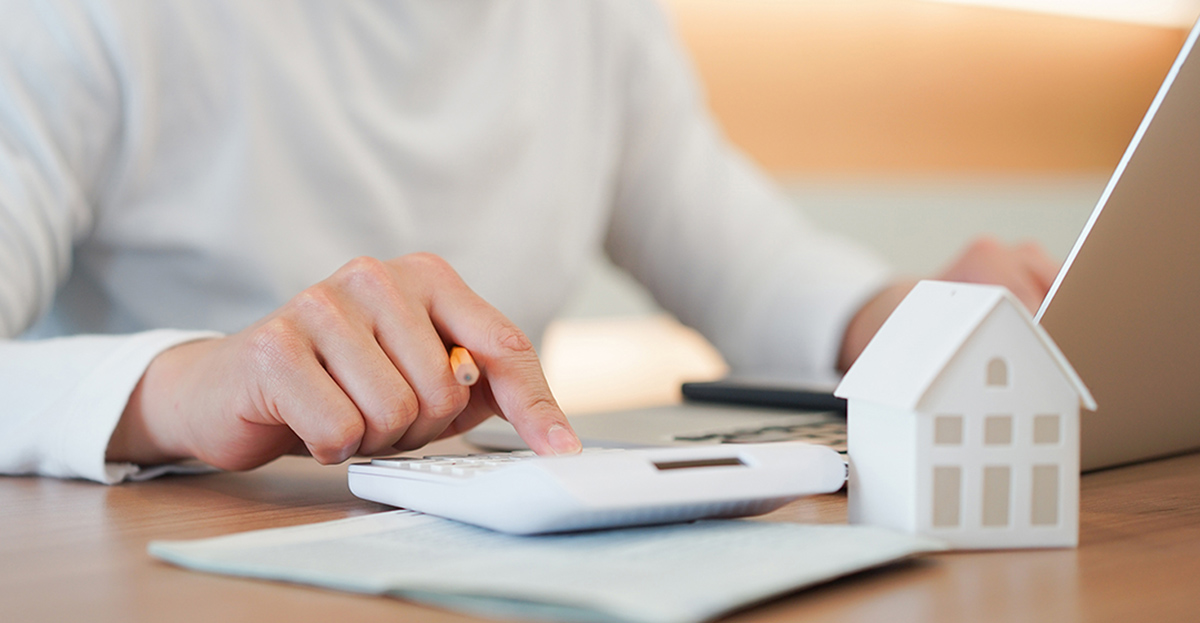

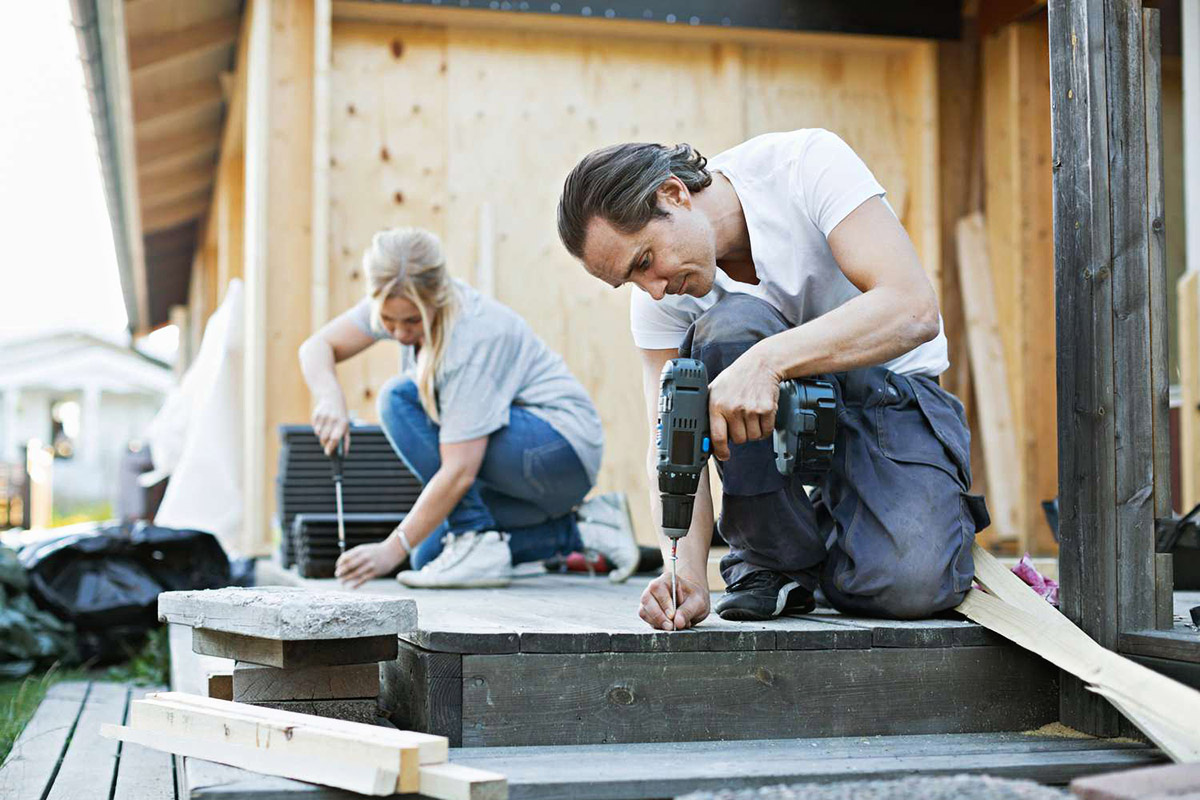


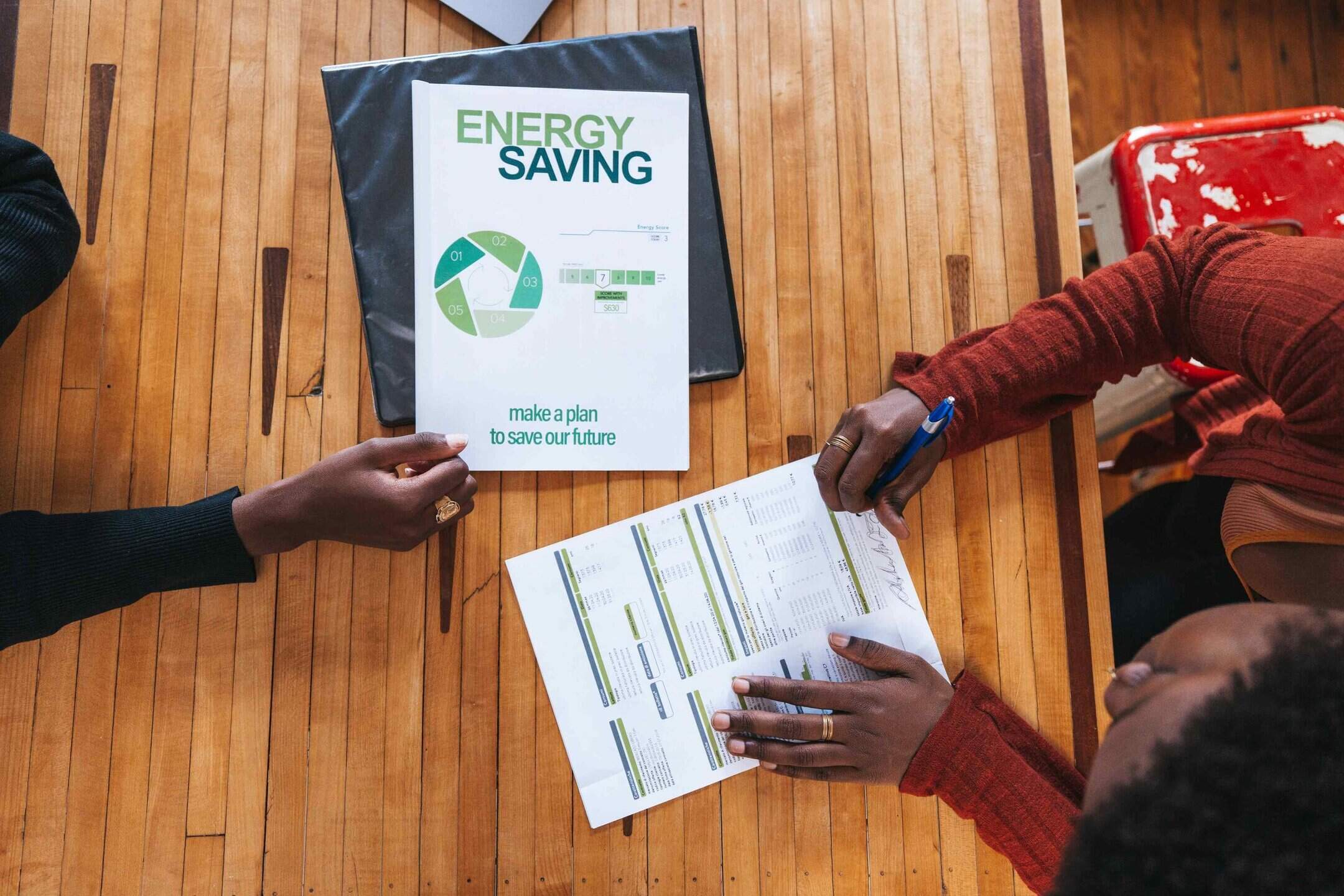



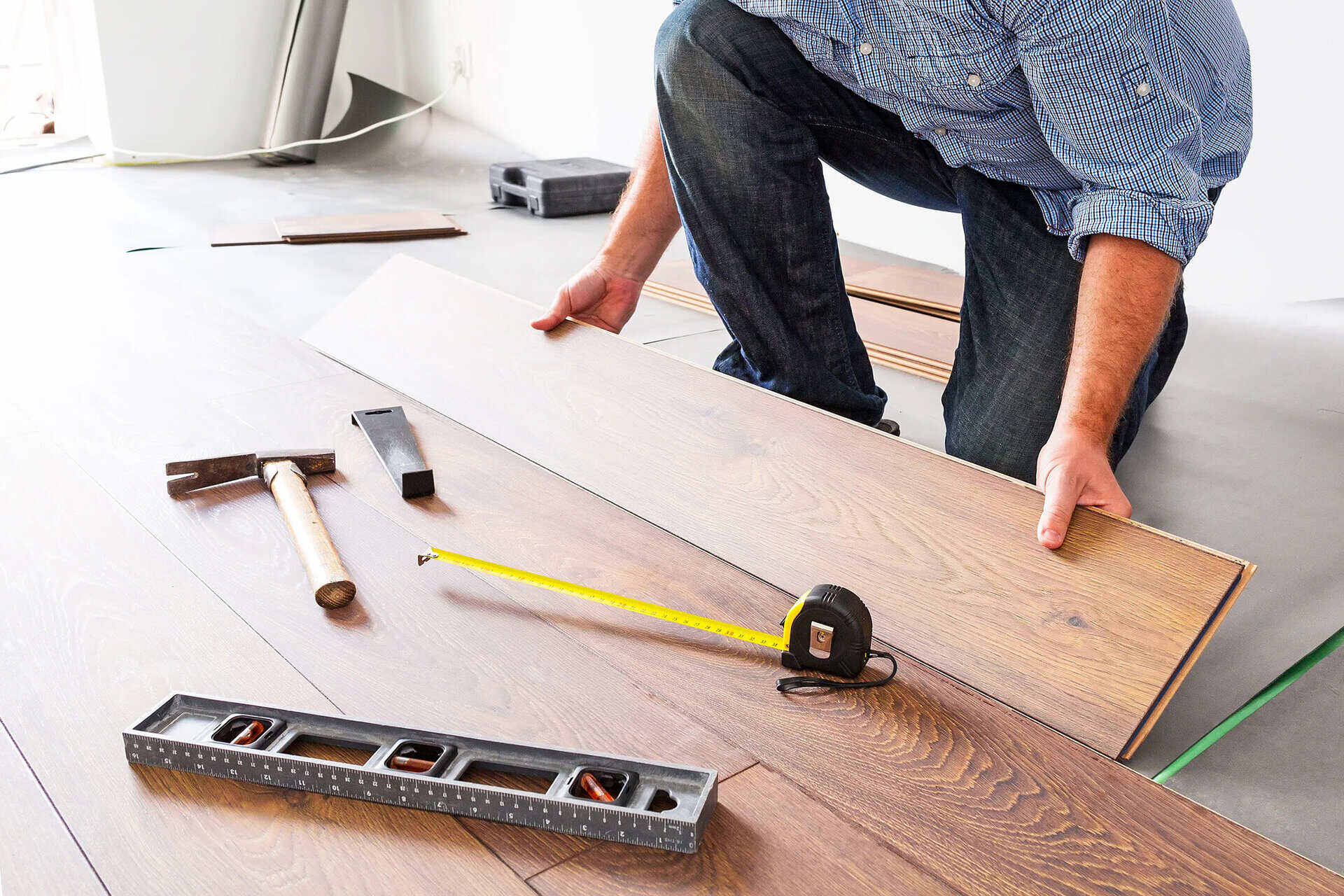
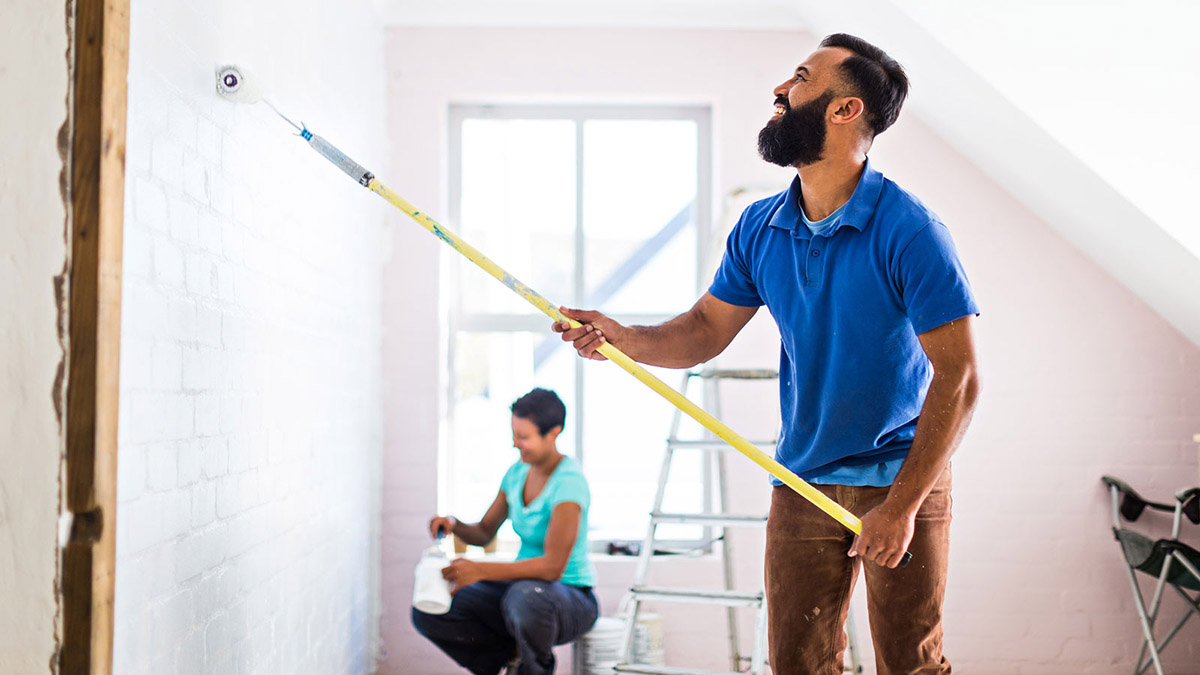



0 thoughts on “What Home Improvements Increase Property Taxes?”